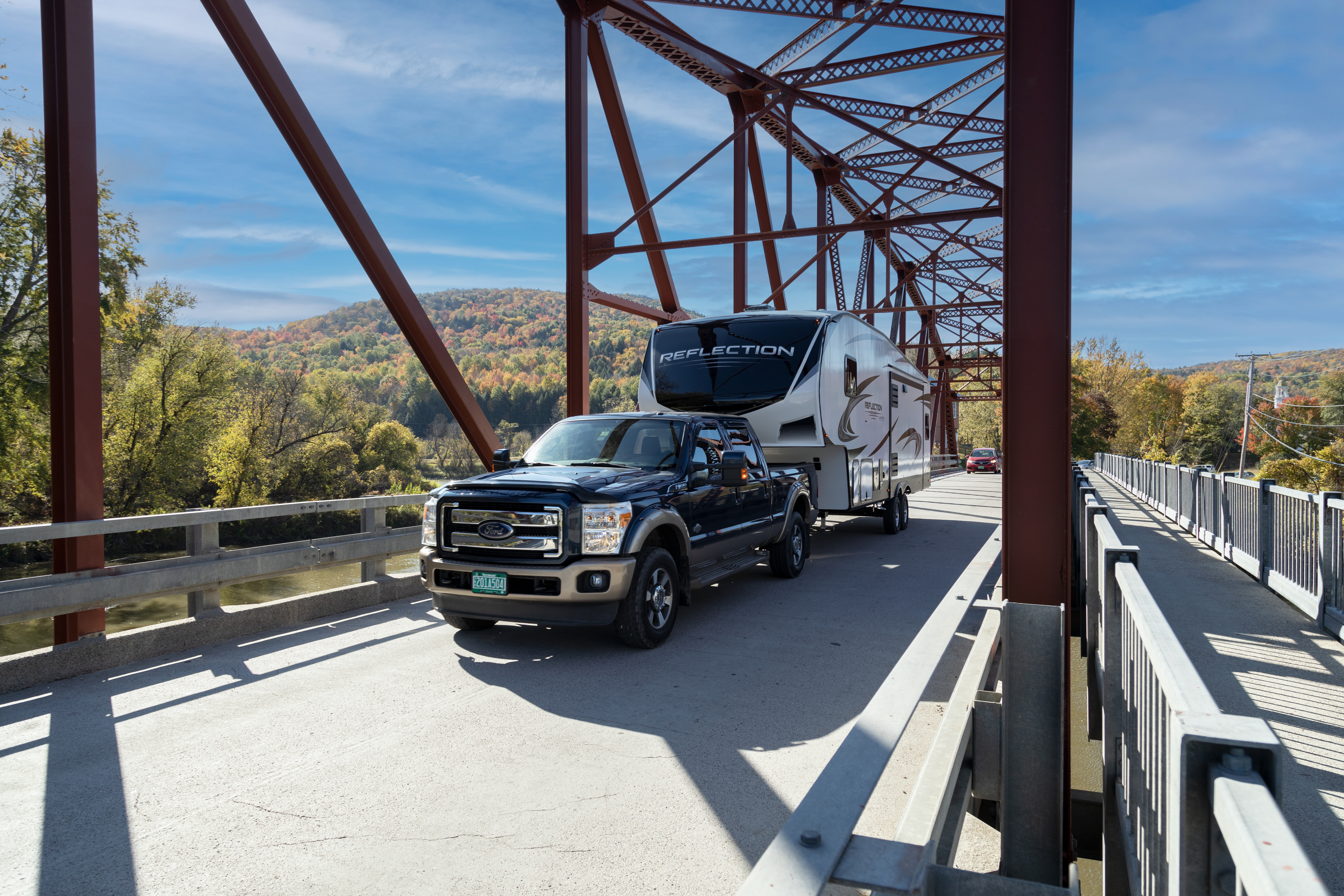LIVE
What to Expect From Using Solar to Power Your RV

RV season is here, which means you might be planning a trip to your favorite campsite, or maybe for the brave of heart, you might be boondocking.
If you are planning on boondocking, there’s a good chance you are looking into options to power your RV. For many, solar power is an extremely attractive option as generators can often be noisy and disruptive to the peace of the woods. That said, many people have misconceptions about how to effectively use solar power for their RV. Notably, the worst time to find out that you misunderstood how something works with solar is while you’re in the woods.
With that in mind, we’ve put together this article to help you understand what you should expect from solar, what you will need to get the most out of it, and how much an RV solar installation will cost.
What is boondocking?
Let’s start with the basics. Boondocking is simply taking your RV somewhere off the grid—without hookups. At a campsite, you will have hookups for power, but this is not the case when you set up your RV in the woods. This means you will need another power source to use your RV’s amenities.
Boondocking is incredibly exciting for some RV owners, but for others, it might seem impossible. After all, without hookups, how will you take advantage of everything your RV has to offer? Expert boondockers will tell you that it doesn’t have to be all candlelight and canned beans. You can enjoy showers, hot meals, television, and more.
Naturally, boondocking RV owners rely on things like solar power or generators to replace this crucial hookup. While this might sound intimidating for beginners, it can actually be quite simple, opening many doors when it comes to where you can travel.
What you need to know about solar
So, you get solar panels installed on your RV, but you take it off the grid only to discover that solar isn’t enough. Surely you simply get power straight from the solar panels morning until night, right?
Unfortunately, you cannot power your RV with solar panels alone. Without a way to capture and store the solar power, such as an extra battery, you won’t have enough power to account for evenings, cloudy days, and emergencies.
The fact is that if you only have solar panels, you won’t have a backup power source when the sun isn’t shining. It’s also possible that you don’t have enough solar panels to power everything you need. There’s a solution here, and it isn’t that costly.
What you’ll need
The first thing you will need to power your RV while boondocking is sufficient solar panels. A single solar panel is not enough. Most people require at least two.
If you need even more power, you can add more panels, controllers, and wiring with the help of a professional. Of course, this will increase the cost of your investment.
How much power you will need
The best way to calculate your power usage is to go out into the boondocks to determine how much energy you need.
Plan a trip the way you usually would. For this test, plan on a couple of days. Don’t try to conserve power. Don’t use a generator. Just live how you normally would.
Use a battery monitor to measure your battery level and get ready for some quick mathematics. Suppose after two days your 200 amp-hour batteries are at 50%. This means you use approximately 50 amp-hours per day.
If your battery doesn’t last at least a whole day, consider adding to your battery bank until you can last 2-3 days on one charge.
What is the cost?
A 200-watt solar panel package with a controller sells for approximately $350. But this is assuming that you are capable of installing everything yourself and does not account for the cost of batteries.
If you need someone to install solar panels for you, you can most likely get the entire system and have it installed for an average of $5,000.
In summary, if you are looking into boondocking or simply want to power your RV through other means, you’ll need at least two solar panels, a controller, as well as sufficient wiring and batteries. If you do not properly calculate how much power you need, you’ll find yourself relying on a generator. In total, this basic system can range from $600 to $5,000 depending on the size of your panels. Additional panels will increase the cost. Sometimes more, sometimes less, especially if you are planning to self-install.
That said, boondocking can be a lot of fun and it doesn’t have to require making sacrifices. With a little preparation, you can enjoy every corner of the country with no mind to whether hookups are available.
Click here to learn more about solar panels and installation for your Grand Design RV.







